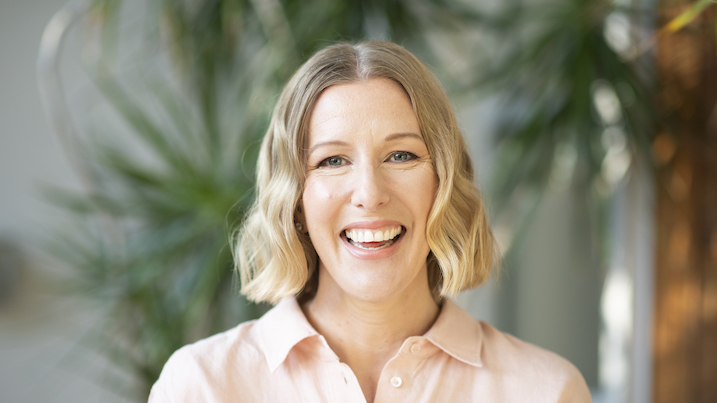For this week’s feature, we’ve had an opportunity to talk to Ange Chappel, who developed the app Mind The Sip, which aims to help people address their excess alcohol consumption. In addressing this goal, the app provides a comprehensive set of resources and tools designed to help users successfully reduce their alcohol consumption and maintain a balanced approach to drinking. Since its launch in March 2022, it has gained significant traction not only in Australia but elsewhere with a New Zealand version of the app now available and plans underway for a US version.
ISB: How did the idea behind Mind The Sip originate?
AC: Mind The Sip grew from my own alcohol reduction story. After decades of drinking in excess, I recognised the need to cut back significantly, but I wasn’t sure where to start. I had to source several resources separately and stumbled on them haphazardly. Off the back of my own successful reduction, I was eager to share my newfound lease on life. I gained a qualification as a certified Recovery Coach and went on to create the Mind The Sip app where I consolidated invaluable resources for others, a one-stop shop if you will.
ISB: Why do you emphasise moderation rather than forcing sobriety in controlling alcohol consumption?
AC: The thought of never having a drink again can be a daunting proposition for so many people (I know it certainly was for me at the beginning). Moderation for many can be a slippery slope to excess, in which case moderating can be unrealistic. In fact, 20 per cent of our users elect to work towards zero, with sobriety being their ultimate end goal. However, for the other 80 per cent, Mind The Sip allows users to reduce at their own pace, with a goal that doesn’t have to be complete abstinence.
ISB: How does Mind The Sip encourage moderation in consuming alcohol?
AC: Mind The Sip doesn’t encourage moderation as such, as it is widely documented that zero is the safest and healthiest amount to consume. What it does encourage, however, is a significant reduction in a safe and supportive space. We track alcohol-free days, not sober ones, allowing users to make significant changes no matter their starting point or end goal. Mind The Sip is built around the recommended health guidelines. In Australia, that is 10 standard drinks per week (no more than 4 in any day). For many individuals, they consume the recommended weekly alcohol limit in just one day. Learning how to reduce their intake to meet the health guidelines can lead to substantial improvements in overall well-being, better relationships, and a healthier financial situation.
ISB: How were you able to grow Mind The Sip’s traction not only in Australia but also beyond our borders?
AC: It was important that we meticulously adhered to the health guidelines and regulations of each target country. This not only ensured compliance but also demonstrated our commitment to user safety and well-being. To gain reach in New Zealand, we heavily relied on building a localised email database. Subsequently, we created segmented email marketing campaigns. By categorising our audience based on location, this approach allows us to deliver highly relevant content and offers that resonate with each subgroup. It’s also crucial to actively seek feedback from users in new markets to understand their unique challenges and concerns. Such feedback ultimately results in improvements to the app and its offerings.
ISB: What are your plans for Mind The Sip in the next couple of years?
AC: The vision for Mind The Sip is to become the go-to resource for people in Australia and New Zealand who want to reduce their consumption and change their relationship with alcohol for the long term. We aim to continue to develop and improve the app, with a focus on enhancing functionality through a widget screen that provides users with an overview of their progress. Additionally, we are actively planning further global expansion, with our sights set on the USA.
ISB: What is the most important lesson you’ve learned in this journey that you believe other hopeful entrepreneurs can learn from?
AC: You need to keep your ‘why’ at the forefront of your mind. There are challenges and obstacles that can have you questioning if you’re on the right path, but revisiting your ‘why’ steers those thoughts back on course every time. Be open to new learnings and experiences, lean into the uncomfortable; beautiful things grow in that space. Listen to experts in your field, take on feedback, and above all, run your own race!
















